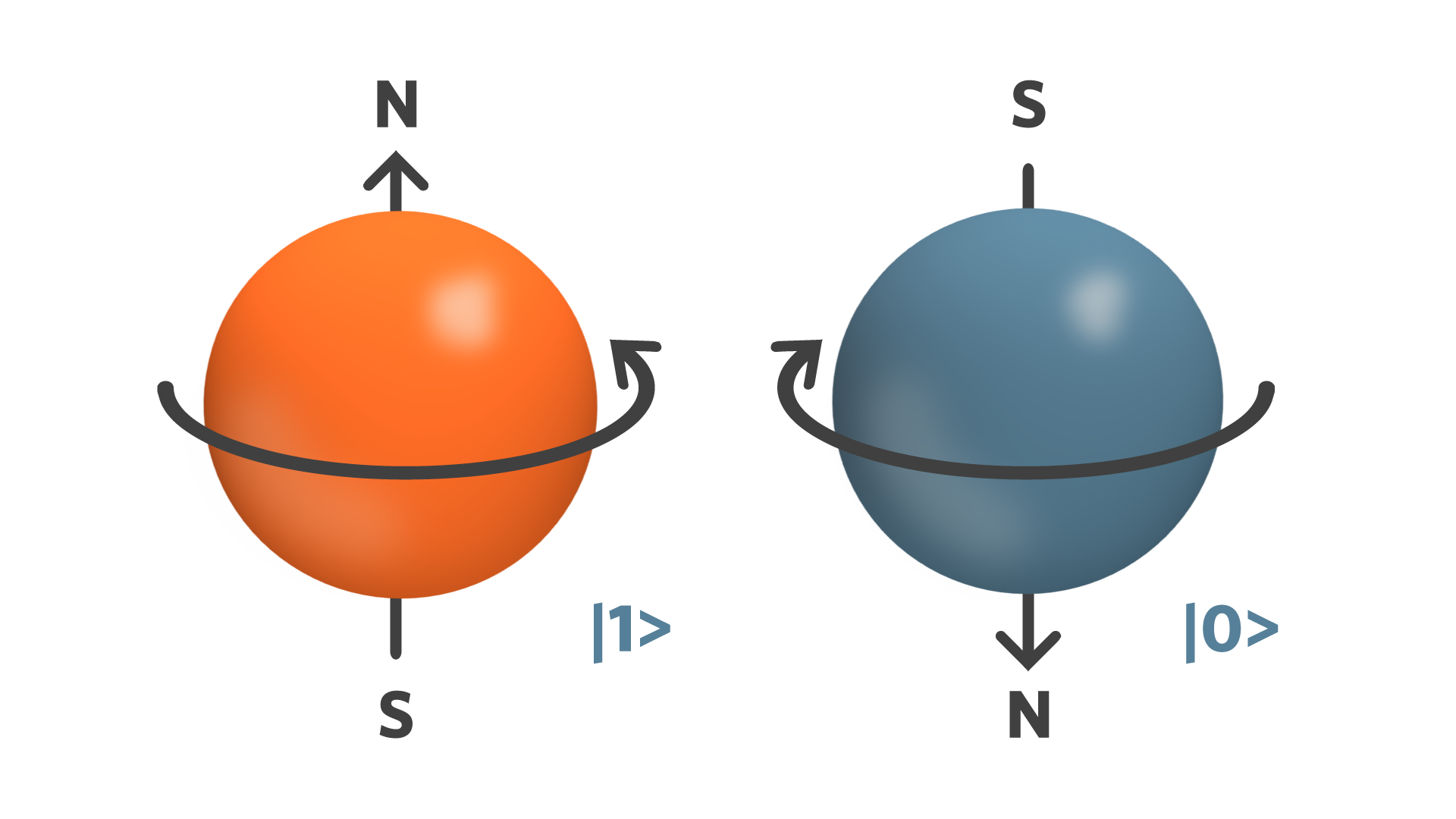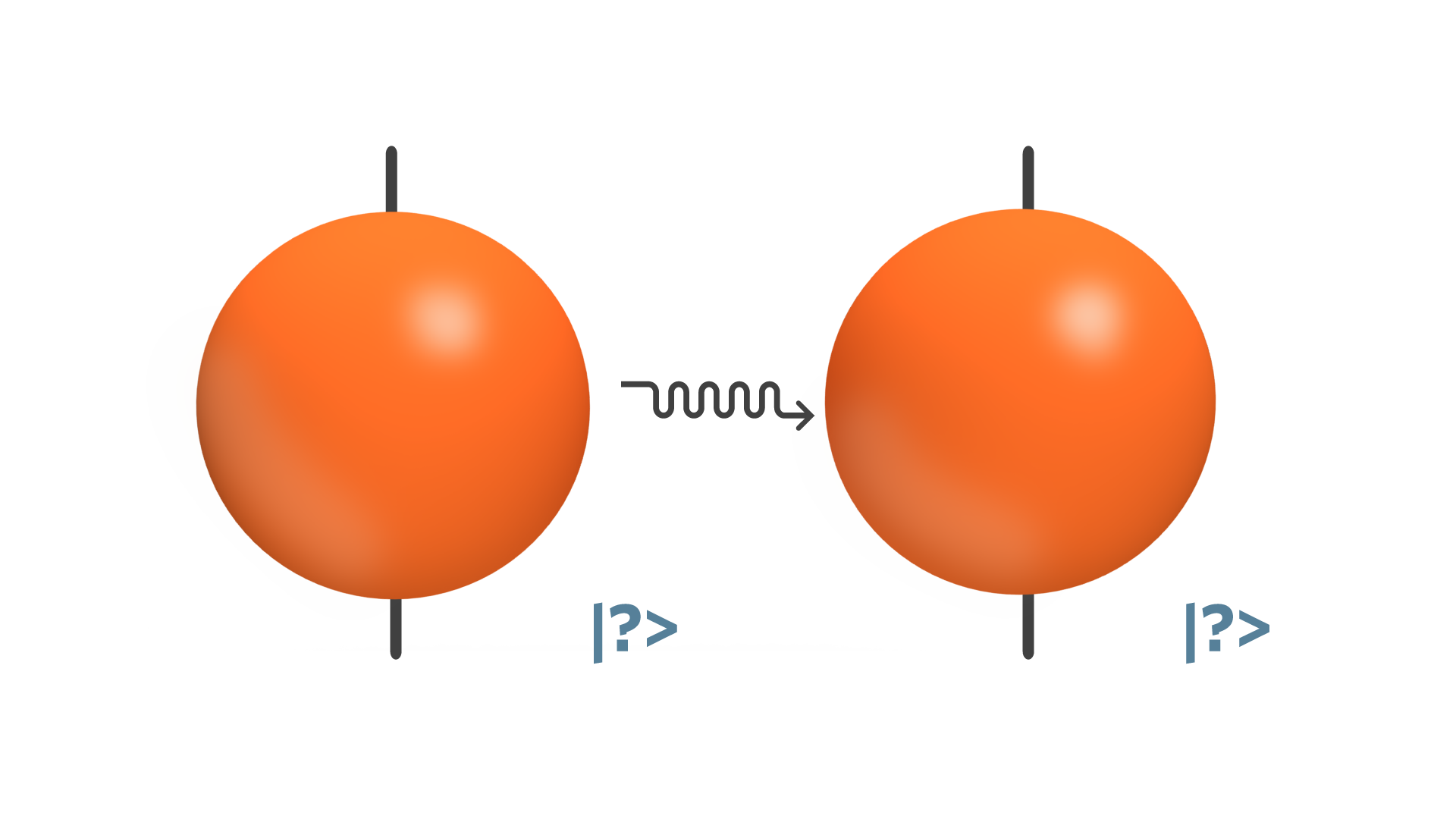Quantum computing is set to revolutionize data processing and integration. Focusing on developing technologies based on the principles of quantum theory, quantum computing leverages quantum physics to solve challenges too complex for classical computing.
With its ability to perform complex calculations at an unprecedented speed, quantum computing will enable businesses to process massive amounts of data in real time. In the coming years, quantum computing is expected to play a vital role in optimizing data integration processes, enhancing data analysis capabilities, and unlocking new insights and capabilities. In this article, we look at the key concepts and developments in quantum computing.
Superposition, qubits, and entanglement
The three fundamentals of quantum computing — superposition, qubits, and entanglement — are the building blocks of understanding how quantum algorithms work:
- Superposition: is the ability of a particle to hold two “states” at the same time. For example, an electron may have a right or a left spin. The state is unknown until we measure the spin, but when observed, it resolves into one state or another. Unlike a standard computer bit, which can be either zero or one, a qubit can exist in a multidimensional state. This is the basis for quantum computing. The value of a qubit is unknown until it is measured, then it resolves into either |1> or |0> (this is the notation used for a one and zero).

- Entanglement: is another strange property of quantum systems. If one particle is entangled with another and we measure the spin of the first one (which resolves into either value), the entangled particle will instantly resolve into the same value.

Quantum computing uses both of these principles — superposition and entanglement. It has the potential to solve certain types of problems much faster than classical computers. This statement is particularly true for complex simulations, optimization, cryptography, and searching large databases.
What about the hardware?
 Extensive cloud services provide access to quantum computers. Google provides a Quantum AI service, Microsoft has a Quantum Development Kit, Amazon has its AWS Braket service, and IBM offers its Quantum Experience.
Extensive cloud services provide access to quantum computers. Google provides a Quantum AI service, Microsoft has a Quantum Development Kit, Amazon has its AWS Braket service, and IBM offers its Quantum Experience.
These services are based on hardware offered by several vendors, such as D-Wave (2000Q), IonQ, Google Bristlecone, and Sycamore and Xanadu (photonic). Many more are being developed for introduction in the next couple of years.
The number of qubits matters, as it defines the size and complexity of the challenges that can be solved. Google Sycamore has 53 qubits. IBM plans to expand System One to 128 qubits or more.
Obstacles to mainstream adoption
Quantum computing has the potential to become a significant game changer, but its unique challenges may stifle mainstream adoption for some time. Today, quantum computing is in its infancy, and there are still many issues that need to be solved, including:
- Stability
Qubits are very sensitive to heat and are error-prone. - Scalability
Building larger quantum computers can be difficult. - Connectivity
Qubits must be connected to operate, which is difficult as the number increases. - Decoherence
Over time, qubits can lose information stored in them. - Programming
Complete new skills and knowledge of quantum mechanics are needed. - Standardization
Establishing industry-wide standards will be essential for success. - Access and Availability
Quantum computing services are expensive at this time.
Potential benefits
Despite the challenges, quantum computing could have a significant impact in many rapidly evolving sectors, including:
- Cryptographic Algorithms
Quantum computers have the potential to break widely used encryption algorithms, such as Rivest–Shamir–Adleman (RSA) and Elliptical Curve Cryptography (ECC). These algorithms have spurred research into post-quantum cryptography to develop quantum-resistant encryption methods. - Drug Discovery
Quantum computers excel at rapid pattern recognition, which is valuable in drug discovery, material science, and chemistry. - Supply Chain Optimization
Quantum computing can optimize complex logistics and supply chain management problems, leading to cost savings and improved efficiency. - Artificial Intelligence
Quantum computing will accelerate machine learning algorithms, enabling faster training of AI models and more efficient data analysis. - Financial Modeling
Quantum computers will be able to provide faster and more accurate financial modeling and risk analysis in the finance industry.
Significant funds continue to be invested in developing new quantum computers and improving basic technology. Within the next couple of years, expect to see devices with significantly higher numbers of qubits, improved error correction, expanded cloud offerings, quantum networking, and the development of policies and standards by governments and other international organizations.
Argano’s solution experts are closely following the developments in quantum computing and are eager to explore ways of applying new and exciting capabilities that bring value to clients. As quantum computing matures and accelerates, there will be great opportunities for process optimization, deeper insights, and greater efficiencies.